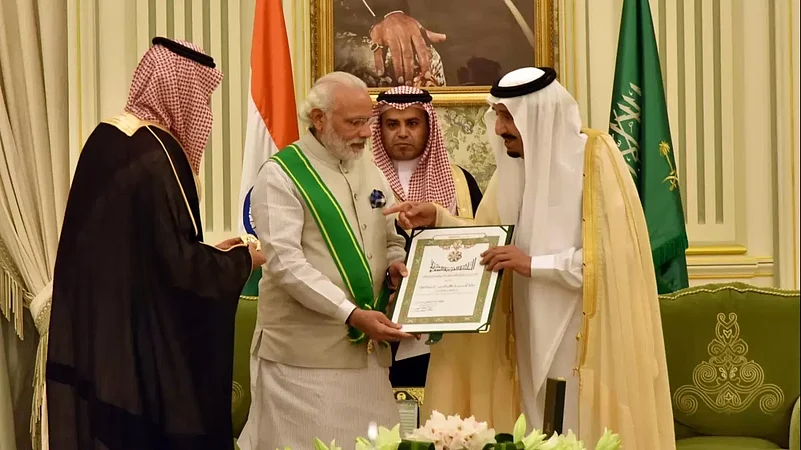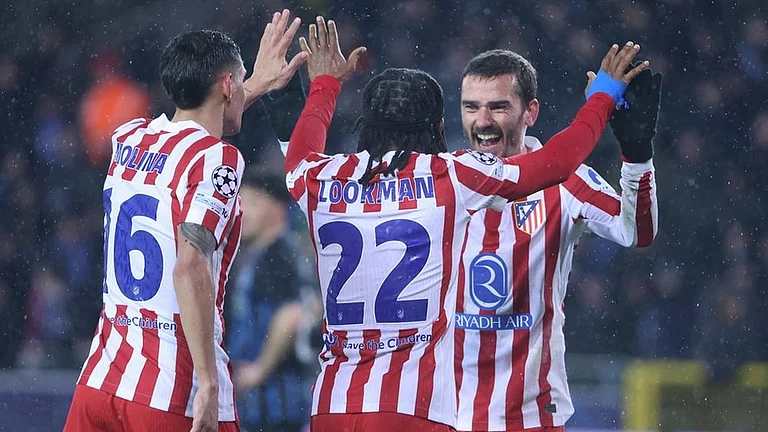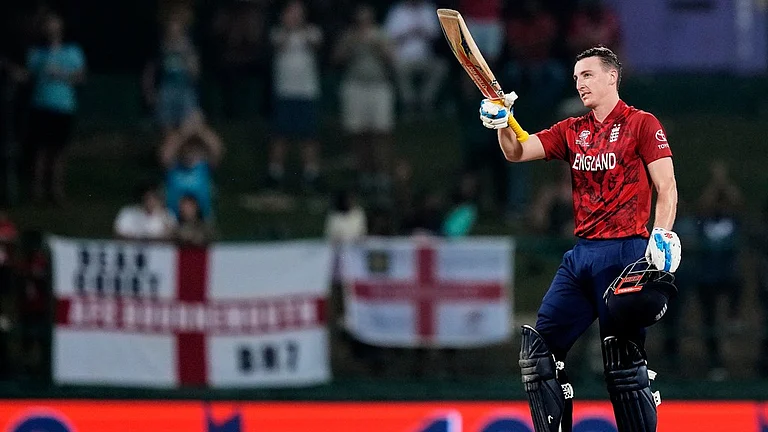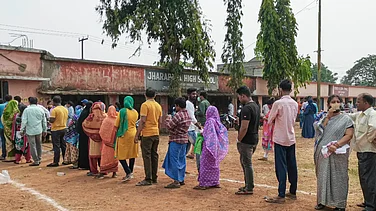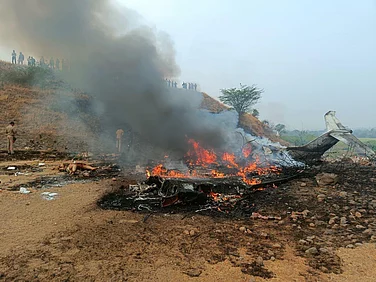India’s relations with West Asia, which it regards as its extended neighbourhood, have undergone a transformation in the last few decades. The region was always important as a source of energy and as a place where Indians found employment and sent back much-needed foreign exchange for families back home. This was an important source for scarce Indian foreign reserves. But today, political, defence, and economic ties are growing apace. What’s more, it’s no longer a given that the sheikdoms will naturally support Pakistan against India on Kashmir.
Pakistan’s former Prime Minister Imran Khan was angry and frustrated when the leading Muslim countries of the Gulf, especially Saudi Arabia, the custodian Sunni Islam’s holiest shrines of Mecca and Medina, was reluctant to come aboard Pakistan’s campaign against the scrapping of Jammu and Kashmir’s special status in 2019. The two foremost Gulf Cooperation Council (GCC) nations, Saudi Arabia and the United Arab Emirates (UAE), have excellent ties with India. In fact, in 2019, Prime Minister Narendra Modi travelled to the UAE to formally receive the nation’s highest civilian award, the King Abdulaziz Sash.
In the past, this would have been unthinkable. Pakistan at the time could always rely on the Muslim nations of the Gulf to rally behind it whenever the question of Kashmir and Indian Muslims arose. There were massive protests across the Gulf nations after the demolition of the Babri Masjid in 1992. The only recent incident that provoked anger across the Muslim world as well as in the Gulf was when the Bharatiya Janata Party’s (BJP) former spokeswoman Nupur Sharma made some irresponsible remarks on Prophet Muhammed. Every country in the region protested the remarks. The BJP took swift action and removed Sharma from the post. Diplomats also got into action and explained that Sharma did not represent the government but was a junior party functionary. The controversy died down quickly and not much harm was done to bilateral ties with the GCC nations.
The world has changed dramatically in the last few decades. At one point of time, it was impossible to think of Arab sheikhdoms of the Gulf to engage with Israel. But in light of the Sunni-Shia divide in the region, Israel, Saudi Arabia, and the UAE are working together to scuttle Iran’s nuclear deal. Now with the Abraham Accords in place, Israel and UAE are cooperating in every field. For all these countries, Iran is a threat to peace in the region and, faced with a common enemy, all hands are on deck to thwart Iran’s emergence as a regional rival to the Arab states. Egypt and Jordan already had ties with Israel and it is only a matter of time before Saudi Arabia too establishes diplomatic relations with Israel.
The Palestinian cause that once united the Muslim world has long been abandoned. Similarly, the plight of Kashmiri Muslims in India no longer resonates as much in the Arab world.
While the religion card is played by various countries when it suits their interests, other important considerations are now factored in. India’s growing economy is one. The other is the time and energy that Modi has devoted to building ties with the region, having visited most of the GCC countries more than once and building a personal rapport with the rulers. Politically, this added emphasis on relations with the GCC has paid rich dividends for India. India and the region are on the same page on Islamic terror and, unlike in the past when terrorists from India would get safe havens in the region, now wanted suspects are quickly handed back to New Delhi. Since 9/11 and the Arab Spring, Gulf rulers are particularly concerned about Islamic extremist groups that like Al Qaeda that want to replace the current governments in power.
India has also managed to remain friends with Iran despite the Sunni-Shia divide and the intense regional rivalry between Iran and the Sunni bloc led by Saudi Arabia and the UAE. In fact, Qatar was for a time ostracised by the two leading Sunni powers of Saudi Arabia and the UAE over support to the Muslim Brotherhood and engagement with Iran. That phase is now over and Qatar is back in the GCC fold. However, like most other countries, India succeeded in not taking sides and continued its relations with both sides of the divide.
The new formation in the region is I2U2 that some refer to as the West Asian Quad. The process that began in 2021 led to a summit on July 14, 2022, when leaders of India, Israel, the UAE and the United States, came up with a unique grouping to work together not on security like Quad but on economic and social challenges the world faces today “to harness the vibrancy of our societies and entrepreneurial spirit to tackle some of the greatest challenges confronting our world, with a particular focus on joint investments and new initiatives in water, energy, transportation, space, health and food security,” according to a statement issued after the Summit.
At the Summit, the UAE announced that it will invest $2 billion to develop integrated food parks across India. A hybrid renewable project in Gujarat of 300 megawatts of wind and solar energy backed by a battery storage system is also in the pipeline. The emphasis of the group is on trade synergy and economic growth. The idea is to expand the group to later include Saudi Arabia and Egypt. The 12U2 is a promising start but it will take some time for the projects to start delivering.
The Gulf powers are looking to invest outside the region. Saudi Arabia and the UAE are both talking of investments in India. Crown Prince and Prime Minister Mohammed Bin Salman, while on a visit to India in 2019, spoke of investing billions here, but so far not much has been done. Instead, it is the UAE which has invested the most among the Gulf nations.
Figures provided by the Ministry of External Affairs (MEA) to the Parliament give a breakup of foreign direct investment (FDI) from the Gulf. During 2017-21, the UAE invested around $6,488.35 million, Saudi Arabia $3058.25 million, Qatar roughly $223.49 million, Bahrain $181.45, Oman around $109.25 million, and Kuwait around $37.91 million.
India buys most of its oil from the Gulf, though since the Ukraine war, New Delhi has also been importing from Russia, thanks to lower prices. India also imports liquified natural gas (LNG) from Qatar. Petronet, India’s top gas importer, has a long-term contract running through to 2028 to buy 7.5 million tonnes of LNG from Qatar.
To assist better economic and trade exchanges, India and the UAE signed a Comprehensive Economic Partnership Agreement (CEPA) in February 2022. A framework agreement for a free trade agreement between India and the GCC was finalised in August 2004. Though negotiations are on and the deal has not moved forward as of now.
With 8 million Indians living and working in the Gulf, relations with West Asia have always been important to India. But now it is underscored by growing political and security ties that benefit both sides. Modi has nurtured relations and spent time and energy in developing ties.







